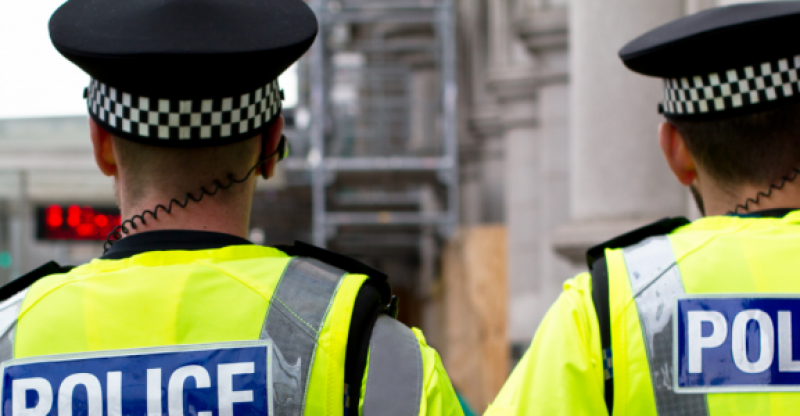Revenues From Seized BTC Sale Added To UK Police Budget
This week, the main public prosecuting agency for conducting criminal prosecutions in England and Wales: the Crown Prosecution Service (CPS), revealed the details of a case involving 295 BTC. The CPS wrote: “A drug dealer and money launderer who was using cryptocurrency to conceal his funds have had over £1.2 million [~US$1.6 million] worth of bitcoins seized, restrained and then converted into British pounds in the first case of its kind.”
A 31-year-old Latvian, by name Sergejs Teresko, was suspected of money laundering and drug offenses and arrested in April last year. Items including a “cannabis factory”, a number of fake identification cards, luxury goods such as jewelry and Rolex watches, gold bars, expensive cars and large amounts of money, were discovered at his home in Surrey, a country of southeast England.
The CPS detailed that on October 6, he pleaded guilty “to one count of being knowingly concerned in the production of a controlled drug, one count of possessing criminal property, one count of possession of articles for use in frauds and six counts possession of an identity document with improper intention.”
The agency also noted that Teresko “was later convicted of money laundering and drug offenses at Kingston Crown Court where he was sentenced to nine years, three months in prison.”
“In total, Teresko was found to have made £2,058,613 [~$2,703,578] from his crimes with an available amount of £1,447,935 [~$1,901,574] to pay back. He was given three months to pay the order or would have to spend a further 10 years in prison.”
As reported by the Financial Times, Teresko is expected to forfeit the £1,447,935 “of his ill-gotten gains, including bitcoin, following the ruling of Kingston Crown Court on Thursday.
Also, as revealed by Surrey Live, a keeplay hardware was found at Teresko’s home. Surrey police got a warrant to access the device. The news outlet quoted DI Rob Bryant of South East Regional Organised Crime Unit, in this manner: “We didn’t think we were going to actually find anything in these wallets. We thought we would open them and there’d be nothing there.”
Two wallets were discovered by the police on the device. The first wallet was empty, and the second had 295 BTC. The publication quoted Bryant saying that when they found out the coins’ worth, “the color started to drain from a number of faces.”
The independent elaborated: “Surrey Police has now become the first UK force to successfully seize bitcoin, convert it into sterling and be granted permission by a court to keep the cash for government and police coffers.”
The CPS revealed that Surrey Police seized Teresko’s coins using “ powers under the Proceeds of Crime Act.”
The cop used the argument of BTC’s “extreme volatility and the risk of it being moved on or stolen,” to seize the coins and convert them into sterling, as narrated by Surrey Live. The news outlet wrote that they convinced the judge that “bitcoin was a real thing that could be seized.”
The CPS explained that it “applied to have the restrained bitcoins converted into pounds. The 295 bitcoins were then sold by Surrey Police through an approved bitcoin exchange.”
The Financial Times revealed that the police “set up its own bitcoin wallet and then used an offshore exchange to transfer and convert” the seized BTC. The publication added that the proceeds were then “transferred to a police bank account.”
“Surrey Police gets to keep 18.8 percent of the proceeds of Teresko’s crimes — about £273,000 — which the force can use to top up its operating budget.”




